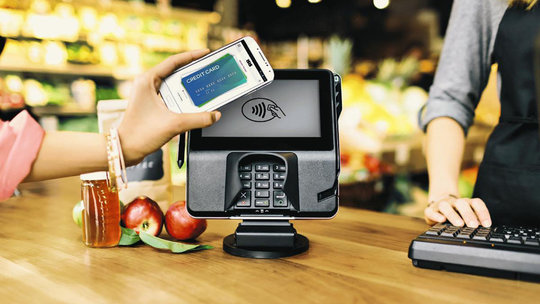“If the United Nations was fully funded, why would we need the Arc or social enterprise?”

Social Enterprise’s Vital Role
Social enterprise initiates from innovative individuals of the society who are brave enough to disrupt the status quo and transform this world. Despite of the monetary and social challenges, these individuals experience a first hand encounter with the society and thus are able to cooperate with them more personally. Furthermore, social enterprise is more likely to fill the gap in existing businesses that cannot or will not be provided by the public or private sectors.
Salem Kassahun: Why this Social Enterprise Succeeds
In the case of Salem Kassahun’s challenge to maintain fair trade boutique without alienating customers, I believe that supporting a social entrepreneur like her is worth the time and money, as her business effectively alleviates poverty and improve the standards of living in Ethiopia. Her investment not only equips women with creative skills, but also educates them on the importance of business.
Although social enterprise might not be in an international scale, these projects are extremely effective in combating the ongoing daily problems in our society that are usually ignored by most people. In contrast, the UN takes much more time to organise and create effective movements due to their inevitably large size and endless political and social pressures.
I believe that despite of the success that UN has achieved, we need more of social enterprise to transform our society to the better and to the fullest.






